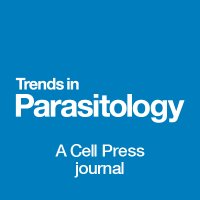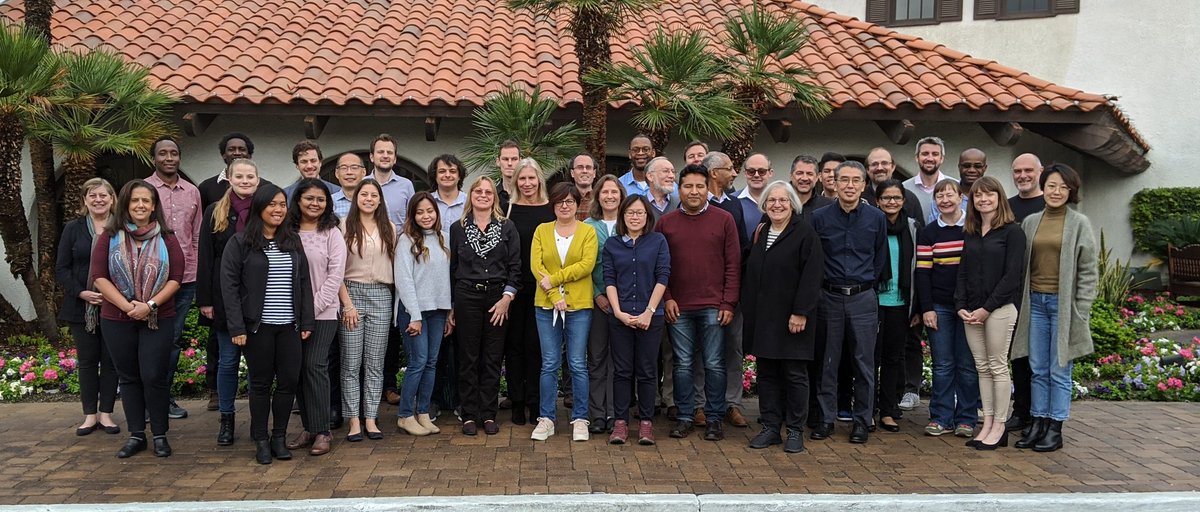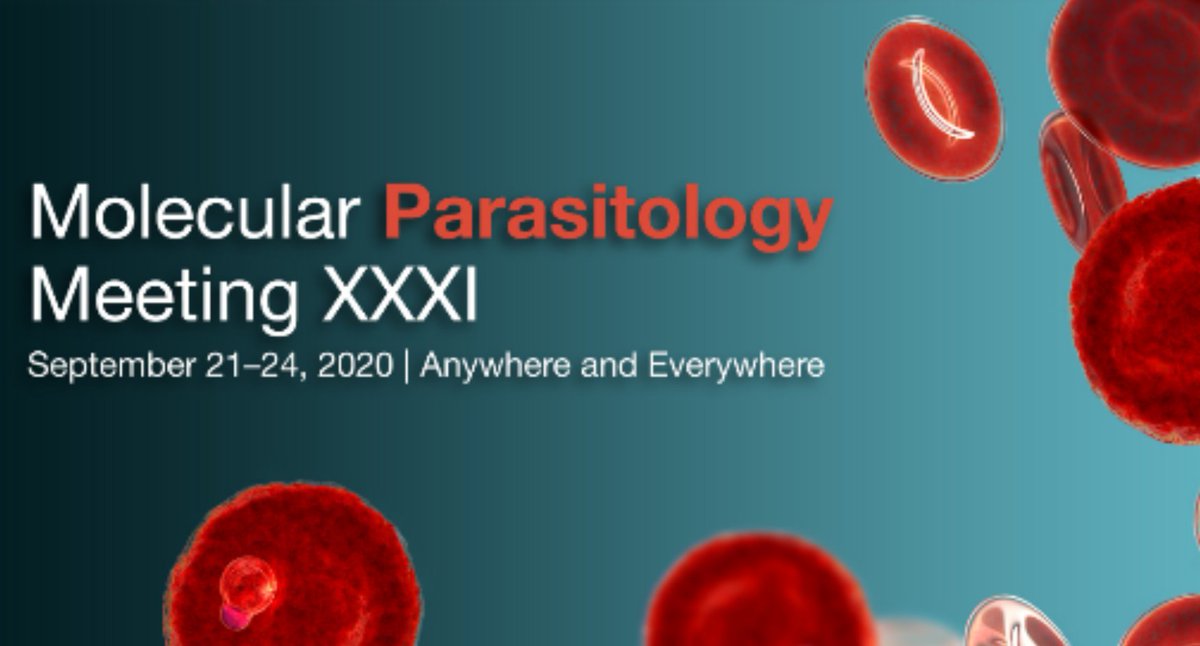
MalDA Consortium
@malariatargetid
The Malaria Drug Accelerator (MalDA) is a consortium of labs funded by the Bill & Melinda Gates Foundation to accelerate the development of antimalarial drugs.
ID: 1198263575577534466
https://winzeler.ucsd.edu/malda/ 23-11-2019 15:34:57
25 Tweet
352 Followers
161 Following


Check out this bioRxiv article on genome engineering in #malaria parasites from a MALDA member lab! The AT-rich P. falciparum genome is extremely challenging to manipulate, so this is some truly exciting work from Jacquin Niles' group at Massachusetts Institute of Technology (MIT)! biorxiv.org/content/10.110…

Out now in CellChemicalBiology: "Combining Stage Specificity and Metabolomic Profiling to Advance Antimalarial Drug Discovery." Great work by MalDA team members including Manuel Llinas & Winzeler Lab, spearheaded by The Fidock Lab's @MurithiJamesM! sciencedirect.com/science/articl…

For the first time, global efforts are preventing almost 100 million cases of #malaria every year. 🙌 This is great news, but World Health Organization (WHO)'s report shows that the decline in cases & deaths has slowed significantly. We must accelerate progress to #EndMalaria. gates.ly/35pLhVO

A new drug target for stopping the spread of malaria has been found after a Cell Reports study led by @DrBoddey blocked Plasmodium falciparum from completing the ‘transmission stage’ of its lifecycle. In collaboration with Griffith University wehi.edu.au/news/new-drug-…




Great work by several MalDA members and collaborators showing that a rapamycin analog targets #Plasmodium FKBP35. Out now in ACS Med Chem Lett! pubs.acs.org/doi/10.1021/ac…


Looking forward to @ElizabethWinze1 giving the Craig Lecture this morning at the Alan Magill Sumposium today at #TropMed20. Superb scientist leading the MalDA Consortium consortium funded by Gates Foundation

Congratulations to MalDA member The Fidock Lab on this wonderful and well-deserved accomplishment!

Looking to recruit a molecular biologist as a postdoc to our lab to work on Plasmodium falciparum drug resistance and drug modes of action. To join a vibrant team at the Columbia university medical center in New York, working closely with Medicines for Malaria Venture (MMV) and MalDA Consortium


Malaria Drug Accelerator #MalDA MalDA Consortium review their achievements & future directions @ElizabethWinze1 @baragana_b Kelly Chibale Manuel Llinas The Fidock Lab UC San Diego School of Medicine Harvard T.H. Chan School of Public Health Drug Discovery Unit Columbia Medicine Global Health Drug Discovery Institute (GHDDI) Wellcome Sanger Institute MIT Dept of BE bit.ly/3qa5E2C


Out now in Trends in Parasitology: Learn all about how the Malaria Drug Accelerator facilitates rapid #drugdiscovery through collaboration. Featuring the work of multiple Winzeler Lab members and all of our wonderful colleagues in MalDA Consortium! authors.elsevier.com/sd/article/S14…

Hot off the press! We have identified and characterized MFR3, a novel multidrug resistance mediator in P. falciparum. Read all about it in Infectious Diseases: pubs.acs.org/doi/10.1021/ac…

Today is #WorldMalariaDay MalDA, Accelerating #Malaria Drug Discovery MalDA Consortium @ElizabethWinze1 @baragana_b Kelly Chibale Manuel Llinas The Fidock Lab UC San Diego School of Medicine Harvard T.H. Chan School of Public Health Drug Discovery Unit Columbia Medicine GSK Global Health Drug Discovery Institute (GHDDI) Wellcome Sanger Institute MIT Dept of BE cell.com/trends/parasit…


One of the cover stories of our June issue bit.ly/2N9R8Es: #MalDA, Accelerating Malaria Drug Discovery MalDA Consortium @ElizabethWinze1 @baragana_b Kelly Chibale Manuel Llinas The Fidock Lab UC San Diego School of Medicine Harvard T.H. Chan School of Public Health Drug Discovery Unit @WUSTL GSK Massachusetts Institute of Technology (MIT) cell.com/trends/parasit…


Out today in CellChemicalBiology: genetic and chemical validation of PfAcAS as a druggable antimalarial target. Congratulations to all MalDA members on this colossal effort advancing #drugdiscovery in #malaria! sciencedirect.com/science/articl…



